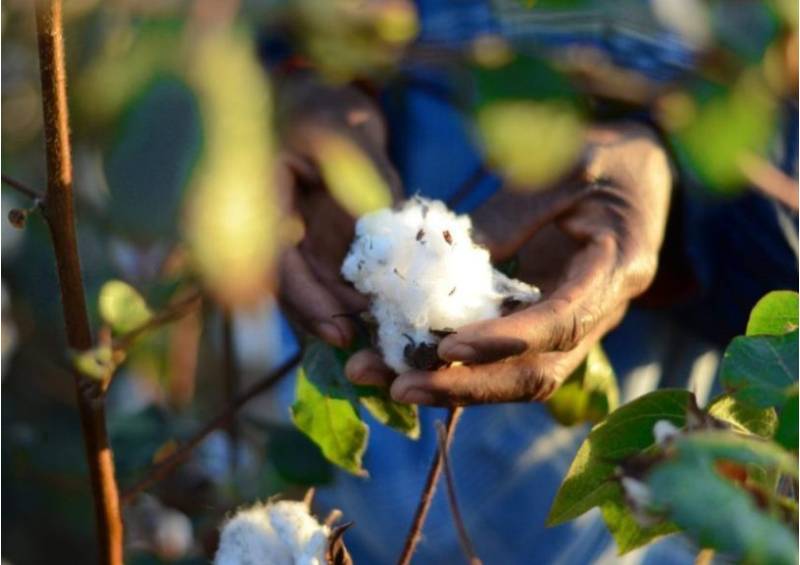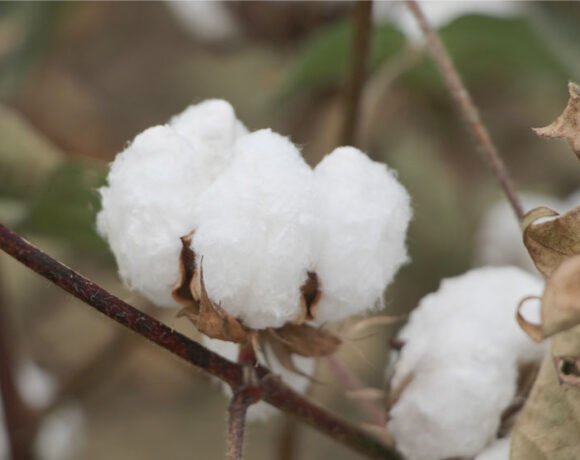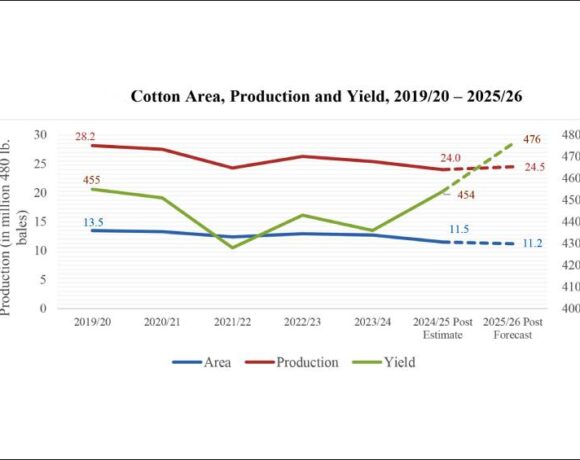Welspun Promotes Sustainable Cotton Farming With Wel-Krishi

Home textiles manufacturer and exporter Welspun Living Limited (WLL) has launched Wel-Krishi to encourage sustainable cotton cultivation.
This will done by providing support and training to farmers to raise their income through higher productivity and lower income costs.
Wel-Krishi focuses on education and sustainable practices in key cotton-growing states like Gujarat, Maharashtra, and Telangana.
Over 26,000 farmers across 390 villages have benefitted from this project, sponsored by the Welspun Foundation.
The initiative has particularly impacted women farmers and farm workers, improving the lives of one lakh farmers.
Aligned with UN Sustainable Development Goals, Wel-Krishi has resulted in a 13 percent increase in crop yield for farmers while lowering production costs by 10 percent.
This includes reductions in fertiliser costs by 14 percent, water usage by 11 percent and pesticide costs by 19 percent.
The project leverages AI technology to support farmers. This includes ensuring seed quality, providing weather forecasts, and analysing soil health.
WLL has partnered with the Wadhwanis to utilise AI and machine learning (ML) for these purposes.
Welspun utilises blockchain technology to trace cotton back to its source farm, ensuring transparency in the supply chain.
The company offers farmers a minimum support price and even purchases cotton directly if there are no other buyers.
Wel-Krishi collaborates with the Better Cotton Initiative (BCI) to create a self-sufficient ecosystem for cotton growers.
Additionally, WLL has partnered with the Ministry of Agriculture and other organisations for certifications.
The company has implemented zero-freshwater initiatives, including rainwater harvesting and sewage treatment plants, to conserve water and provide clean water to local communities.
The Deepali Goenka led company has also developed a large green space in Kutch using recycled materials.
Aligned with India’s green goals, WLL has significantly reduced greenhouse gas emissions (GHG) and aims to be 100 percent reliant on renewable energy by 2027.
The company utilises solar power, biofuels, and waste-to-energy solutions to achieve this goal.
The company has also upcycled textile waste into cushions and rugs, empowering women in the process. Welspun Living is also involved in infrastructure projects using sustainable practices.














